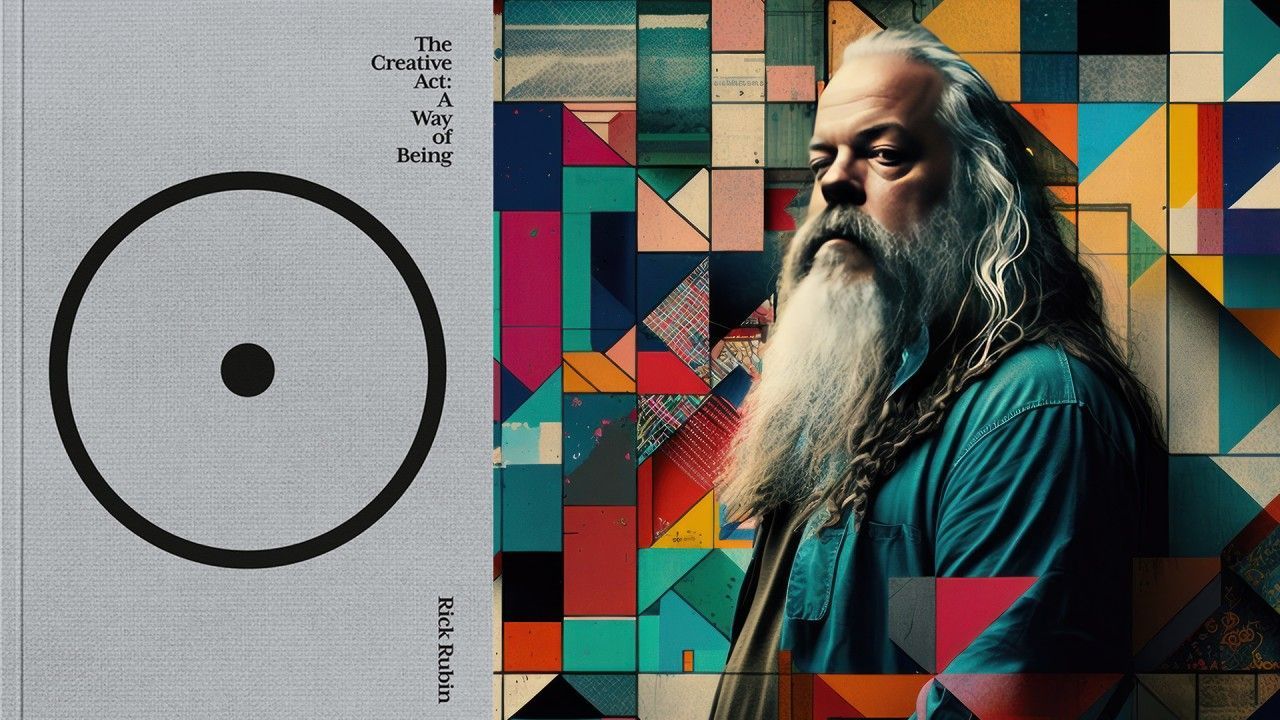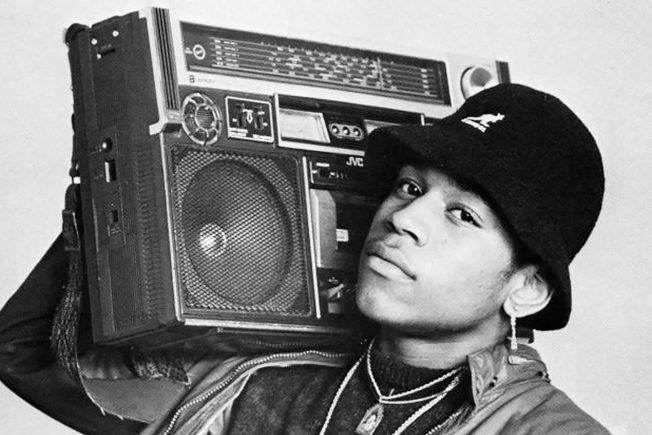ICON Instructor Malachi Mott shares advice and his insight into the art of mastering any instrument. Through personal stories and experiences, Malachi guides you through some essential ways that will help you learn an instrument.
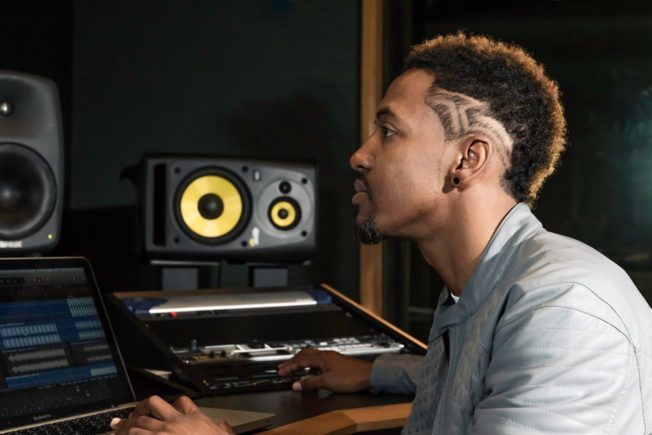
How to Learn an Instrument
In the pursuit of being a professional musician , you are going to have to learn many different instruments. This is no different than any profession. A surgeon needs a table full of tools, a golfer has a bag full of clubs, and a photographer has different cameras and lenses. When starting this journey, it isn’t always clear which instruments (or how many) you will need to master in order to reach your goal. Sometimes, you’ll take one on simply out of curiosity, and sometimes you’ll take one on out of necessity. Either way, it is in your best interest to quickly learn the instrument enough to get the job done.
Please note that when I’m referring to instruments, I’m not just talking about pianos, guitars, drums, etc. I’m also talking about synthesizers, turntables, microphones, compressors, DAWs, plugins; you name it. Pretty much anything that you can utilize to enhance your ability to make music. It’s also important to respect every instrument as the creative tool that it is if you are to use it to its full potential. With that in mind, here are some things you can do to lean an instrument quicker and easier.
- Choose to learn an instrument you think is dope
- Set goals and follow through with them
- Study masters of that instrument
- Balance the time you spend practicing and playing along with others
- Seek healthy competition
- Have fun
1. Choosing an Instrument

The key to learning anything is repetition. Each new instrument will require many hours of focus and dedication. The cooler the instrument is for you, the easier it will be to find the time to work on it. It’s different for everyone, so experiment to see which instruments excite you. For Stevie Wonder, it was the harmonica; Elton John, the piano; Grand Master Flash, the turntable; and Weird Al Yankovic, the accordion. You are a unique person with a unique identity. Your instruments will be a reflection of this, so be sure to choose one that fits before choosing to learn an instrument you couldn’t care less about.
For example, my first instrument was the viola, and I didn’t enjoy it one bit. I’m not sure why, it just felt weird and unattractive to me every day. At first, I assumed that all instruments felt this way. However, I’m glad I wasn’t forced to stick with the viola for years like some children. After one year, I jumped ship when offered the opportunity to play a wind instrument. I chose the alto saxophone because it really excited me. Again, I’m not sure why, but I had a strong emotional response to this instrument. This time, the experience was extremely positive. Because of that, when the lessons got harder, I just got more excited instead of frustrated. As a result, I worked harder.
2. Setting Goals

I’m always big on goal setting as it truly does make a huge difference in the speed at which someone grows and accomplishes things. If you want to learn an instrument quickly, set a real-life goal that you can do with that instrument. For example, if you want to learn to sing, you could set a goal of making it into your church’s choir. Likewise, if you’re going to play the flute, you could set a goal to make it to a specific chair in the orchestra. If you pick guitar, you could set a goal of winning over your crush with a song. It doesn’t matter what the goal is, just make it something that will require you to work hard. Your achievements will reward you handsomely when you succeed.
3. Studying People Who Are Masters of That Instrument

I think the most crucial element of mastery will always be mentorship. Learning from someone on a significantly higher level than you will accelerate your growth. I suggest learning from everyone while prioritizing current players over past legends. I recommend this because the current players will have studied the masters far more than you ever could while still providing you with up-to-date information.
For example, advice from Magic Johnson about the game of basketball would be of tremendous value. However, his true knowledge of the game ended the year he retired. To explain further, Lebron James will have much more relevant info that Magic may not be privy to because the rules and players evolved over the past twenty years. Not to say that Magic’s advice won’t help (I’m sure it will be phenomenal). I’m saying that it’s important to seek out relevant information from current masters if you want to win the game tomorrow. This advice is even truer for music. The music industry evolves at an unbelievable rate and is not kind to those that fall behind – even a little bit.
4. Balancing the Time You Spend Playing Alone vs. Playing with Others
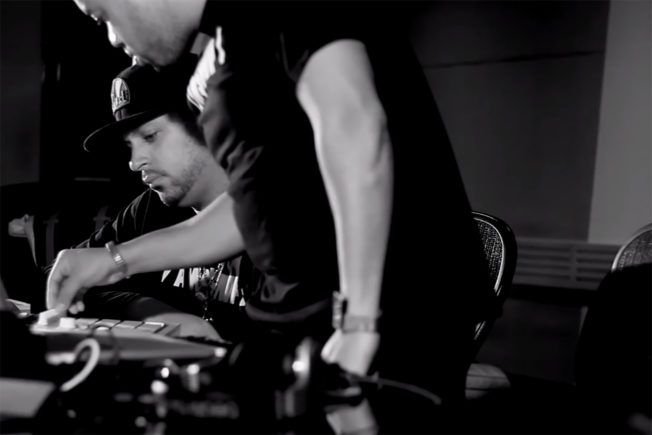
Woodshedding is a term that refers to a professional locking themselves in a room and working on something for hours until they are satisfied with the results. For a musician, this could mean learning a complicated song, mastering scales, or memorizing licks to use when improvising. This persistence is the equivalent of a boxer disappearing into a gym to hit a punching bag for an entire day. This approach is a very necessary part of growth.
Jamming is a term that refers to performing with others with no clear intentions other than sharing energy. While jamming, you get to learn from other musicians that have been woodshedding as well. This experience is where ideas get swapped, and music is created. There is no music without other people. Be sure that you are taking time to play/sing with people as good as you or better. This leads to my next point…
5. Seeking Healthy Competition
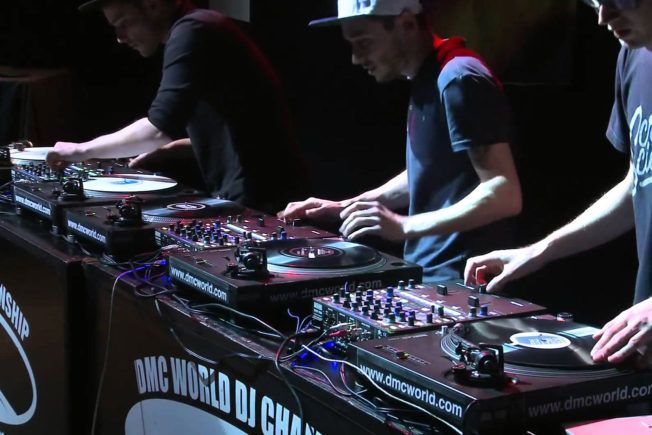
At the core of anyone who has mastered a discipline is some sense of competition. The need to be the best wakes them up, drags them to the gym/woodshed, and compels them to work when they don’t want to. Competition also inspires them to never stop growing.
I remember my high school sax teacher Mr. Lemmie telling me, “you are not ready to be in my band. It’s only for people who can play at THIS tempo.” He said that right before he blew my mind with how fast he could play. I spent the next week locked in a closet playing that same song over and over again until I could play it faster than him. Also, I didn’t do it for fun or to see if it was possible or even do it get into his band. I simply did it to prove him wrong and shut him up.
I’m sure he said it like to challenge me, and it worked. When I finally played it for him, he had no words for me. He smiled, nodded his head and then disappeared for two days while he practiced doing it even faster. We went back and forth for the whole school year. Each time pushing ourselves harder and harder – our egos would not accept defeat. I am grateful that he was willing to be my partner in that competition and I now see it as an essential part of mastery.
Another example is a producer friend of mine who gave me one of my first DAWs. For fun, we would pick an old school song and see who could sample it to make a doper beat. We’d play the tracks for all of the homies to see which one they vibed with more. I remember that it was my competitive spirit that forced me to step it up each time to compete with someone who had been producing twice as long as me. There were never any hard feelings, mostly because we were always just happy to have grown so much each time. That brings me to my final suggestion…
6. Having Fun
This one should be obvious. However, in a world where people value talent over results, it’s easy for some to work hard at trying to be ‘good enough’ to win over their critics. We can also sometimes lose sight of what’s important to us. For example, the kids that are forced to do piano recitals at 5-years-old to the musicians that are trying to impress their idols like the drummer in the film “Whiplash.” The truth is that music calls to us because it’s enjoyable, both for the performer and the audience. The moment that it isn’t fun for you anymore, you won’t work as hard or as long. Be sure to always figure out new ways to make the experience fresh and exciting.

Turn your passion for music into a Profession: Learn more about our Music School Programs!
MORE ARTICLES FROM THE ICON BLOG
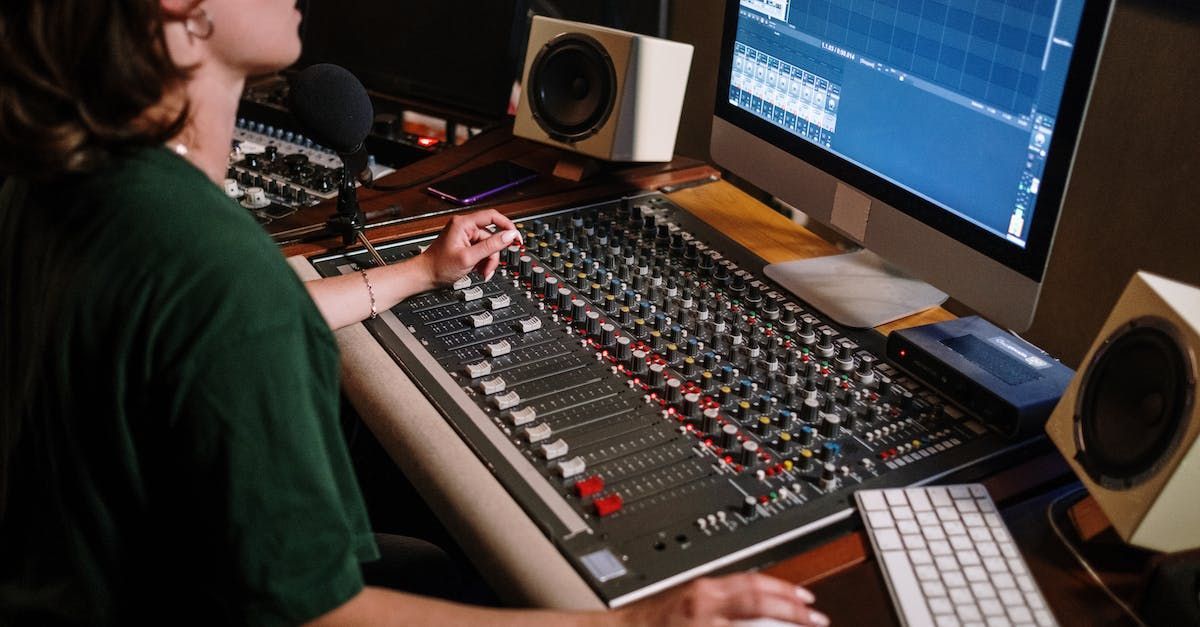
FIND YOUR SOUND, HONE YOUR CRAFT:
Are you ready to turn music into a career? ICON prepares students to become music producers, composers, performers, recording artists, professional DJs, and entrepreneurs in the entertainment industry. Click below to get information about our award-winning programs:
